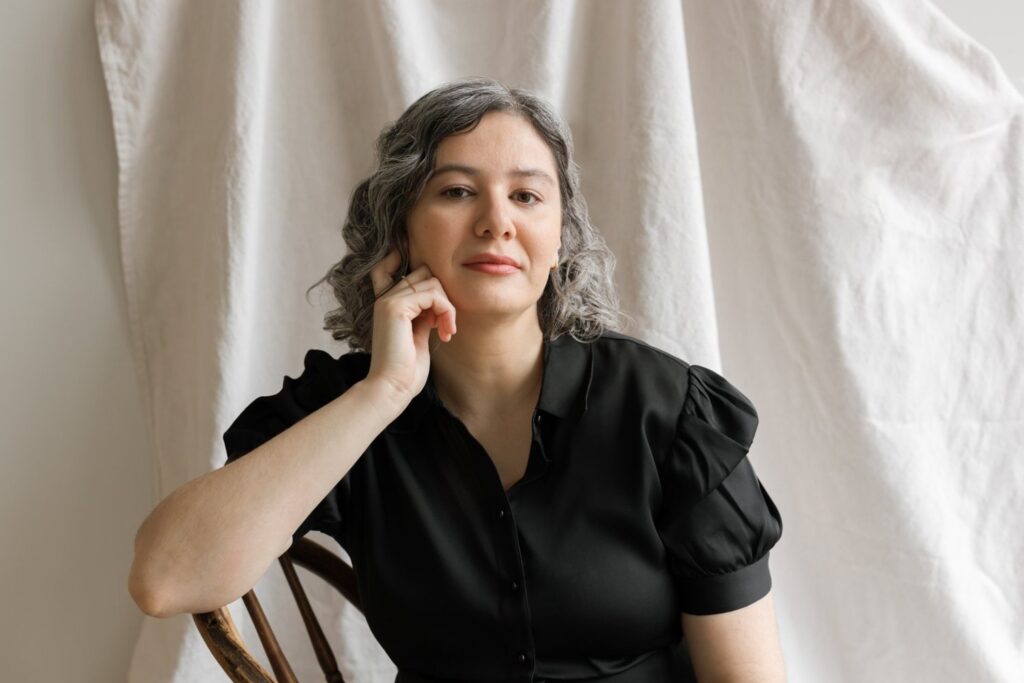By BOB HICOK
Caroline resembled moonlight.
She never appeared when it rained,
made the grass and broken windows
more beautiful, and had me wondering
if our love was waxing or waning.
By BOB HICOK
Caroline resembled moonlight.
She never appeared when it rained,
made the grass and broken windows
more beautiful, and had me wondering
if our love was waxing or waning.
Still bleeding from birth
I looked up from you, daughter
your grandma was
shouting at me
in our hospital room
and I thought, enough
of this childhood pain
(an emancipation never
complete in my heart)
the next weeks your little fist
dimpling my breast was a
mere aesthetic
as she had not blessed me
I could not let her go
For the cherries from
Saturday’s market I used
a sharp coffee spoon
each bright heart-organ
hoards the clit of the fruit
I stabbed and extracted
hurting my thumb
sometimes I couldn’t get
all the meat off
you fetched a stool
each fruit, gravely chosen
now came lifted and pillowed
on your soft palm
then you drank all the juice
in the discard bowl
it ran down your chin
and onto the floor
I drained all the juices
from under the flesh and
you guzzled that too
Such gusto my dear
with each breath I bless you
go go go
Farah Peterson‘s work has appeared in Alaska Quarterly Review, The Atlantic, The Best American Magazine Writing, The Florida Review, Ploughshares, and The Threepenny Review, and is forthcoming in the 2025 Pushcart Prize anthology. She is a law professor at the University of Chicago.
EMILY EVERETT interviews BRUNA DANTAS LOBATO

Back in 2017, The Common published a debut short story by a young Brazilian-American writer with a beautiful, understated style, and an enormous talent for translating big emotions into quiet gestures, thoughtful moments, and tense, restrained dialogue. Publishing debuts is always meaningful, but the best part comes after: watching those early-career writers go on to greater and greater successes.
Last year, that writer, Bruna Dantas Lobato, was awarded the 2023 National Book Award in Translation for The Words That Remain by Stênio Gardel. And this month, her debut novel is out from Grove Atlantic’s Black Cat imprint. She sat down with TC managing editor Emily Everett via Zoom to talk about that novel, Blue Light Hours. Zoom felt like a fitting medium: Blue Light Hours follows a first-year college student communicating with her mother back in Brazil only via Skype. They also discussed her work translating from Portuguese, and the pleasures and pitfalls of connecting with her home country through writing and translation. Bruna was born and raised in Natal, Brazil, and now lives in Iowa.
This piece is part of a special portfolio featuring new and queer voices from China. Read more from the portfolio here.
By Li Zhuang, Cynthia Chen, Chen Du, Xisheng Chen, and Jolie Zhilei Zhou.
Table of Contents:

HANNAH GERSEN is a novelist whose fiction ranges from the strictly realist to the gently speculative. Her first novel, Home Field, is a deeply felt story about family and grief in rural Maryland, described as Friday Night Lights meets My So-Called Life. Her second, most recent novel, We Were Pretending, leaps into today’s most pressing crises–climate change, the creep of technology–through the lens of Leigh Bowers, an at-sea single mom trying to secure a better future for her daughter and a better death for her mother, who is dying of cancer. It’s beautifully written, imaginative, and elegiac with surprising twists and turns.
I understood power
as the ability to excite
desire. When I passed
the socialists camped out
in the square in Mexico City
last summer I cringed
in recognition and took a picture
that I texted to my anarchist
in another country.
Some descended from the arms
of our chapel cross, while lower
brothers abandoned statues
to bathe and drink at the heart
of our campus. Here, this flock
is no congress, no murder—
too innocent for such names.
By ADAM YOUSSOUF
Translated by ADDIE LEAK
The Mango Garden
Birds of prey circled in the distant sky, watching the Earth’s surface: nothing, just warm air and a hot sun that spilled its rays angrily, recklessly. Sando jumped over a stream of dirty water and walked briskly down the road until he saw a group of young boys squatting on the road, defecating on piles of filth. He paid them no heed and continued a bit farther, where he saw another group playing football, bathed in thick dust, creating a commotion as they ran after their small ball. They yelled excitedly, calling each other after famous footballers, bellowing frenzied orders and laughing. One boy whimpered over his scraped knees, and others stood outside the circle, cheering and whispering.
By KEVIN DEAN
Part One
It was winter by the time Mina and I met. I was on my usual afternoon stroll in Garden City when I saw him coming toward me by the United States embassy. He went slowly along the compound’s perimeter wall, his hands in the pockets of his brown leather jacket. I’d just purchased some oranges from a fruit seller on the street, and I took one and began to peel it. Mina didn’t look happy, and I was unsure if I should say hello to him or not.